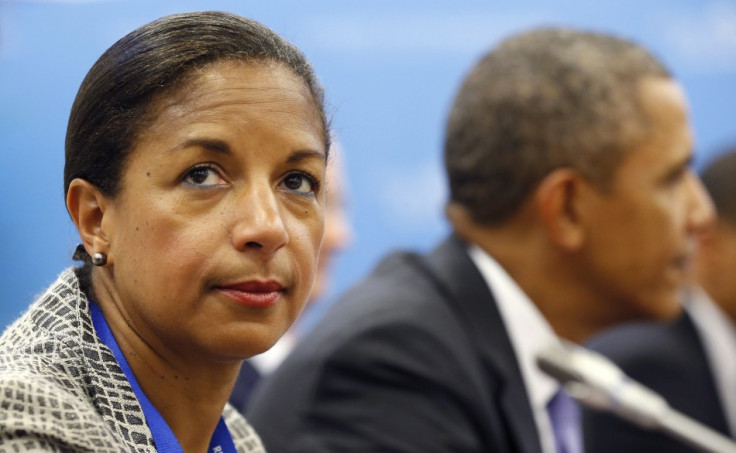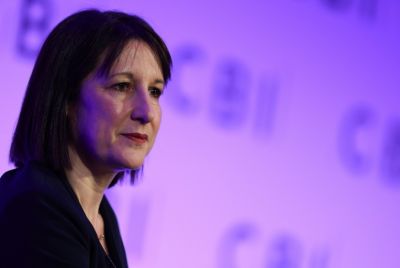Obama Adopts Pragmatic Strategy in Major Middle East Policy Shift

The US has reformulated its policy in the Middle East, backing away from the promotion of democracy in the region, and focusing efforts instead on reaching a nuclear agreement with Iran, and brokering a solution to the Arab Israeli conflict.
In a recent interview, US National Security Adviser Susan Rice said that the US priorities in the region that President Barack Obama laid out last month in a speech to the United Nations were the result of a careful recalibration of policy.
Obama said the United States would focus on negotiating a nuclear deal with Iran, brokering a peace deal between the Israelis and Palestinians, and resolving the Syrian civil war.
"We can't just be consumed 24/7 by one region, important as it is," said National Security Adviser Susan Rice in an interview with the New York Times.
Rice, who is in charge of the review, said: "He thought it was a good time to step back and reassess, in a very critical and kind of no-holds-barred way, how we conceive the region."
Dropped as top priorities are the promotion of democracy in the region, in nations such as Libya, Tunisia and Yemen, and relations with Egypt, where president Hosni Mubarak was toppled in a populist uprising during the 2011 Arab Spring.
The speech was markedly different from one the president delivered to the assembly in 2011, where he said the United States would support democracy, human rights and free markets with all the "diplomatic, economic and strategic tools at our disposal," and is a clear departure from president George W Bush's 'Freedom Agenda'.
As part of the new strategy, the US will eschew the use of force, except to respond to acts of aggression against the United States or its allies, or in response to the disruption of oil supplies, terrorist networks or weapons of mass destruction, reports the paper.
The new priorities were drawn up by Rice and a close team of advisers and experts in regular consultation with Obama over June and July, as the Syrian war worsened. The president is believed to favour greater focus on Asia.
Critics, though, have attacked the new policy direction, and say it could lead to America being caught on the back foot in the region, instead of asserting itself as a stabilising presence.
They point to Obama's shifting policy on the Syrian civil war as an example of an administration buffered by events it had failed to shape.
"You can have your agenda, but you can't control what happens," Tamara Cofman Wittes, the director of the Saban Center for Middle East Policy at the Brookings Institution told the New York Times. "The argument that we can't make a decisive difference, so we're not going to try, is wrongheaded."
Saudi Arabia this week joined other key American Middle Eastern allies Israel, Jordan and United Arab Emirates to attack Obama's attempts to form a rapprochement with Iran, and called for greater support for Mohamed Morsi's government in Egypt.
In an editorial in the Washington Post on Friday, former Republican presidential candidate John McCain and senator Lindsey Graham attacked Obama's shift in focus. "The United States is experiencing a serious failure of policy and loss of credibility in the Middle East. Events in the region are headed in a perilous direction, and there is little reason to feel confident that the Obama administration has a strategy to secure US interests and values in this vitally important part of the world," they wrote.
© Copyright IBTimes 2024. All rights reserved.























